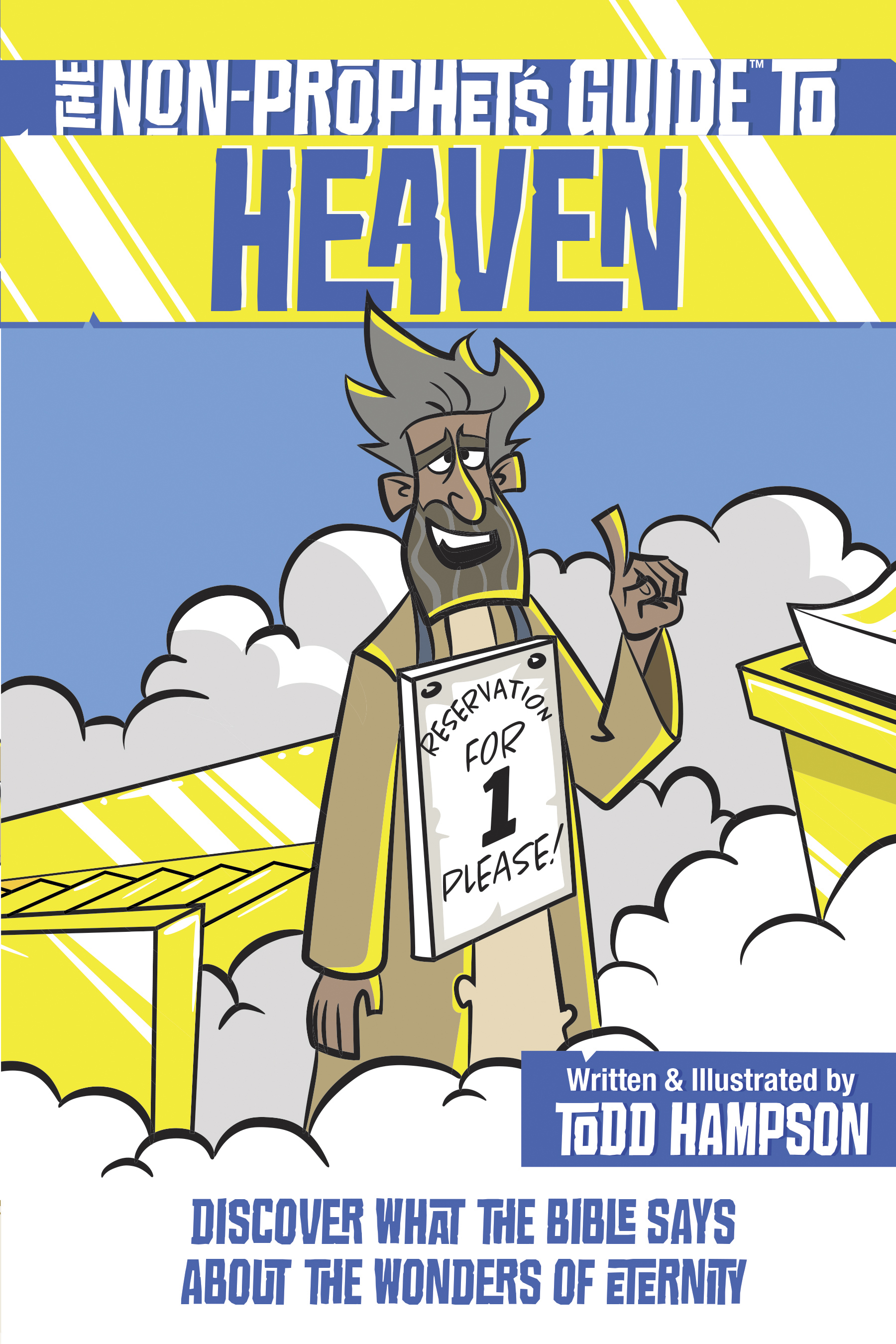No Books in the cart.
“He has also set eternity in the human heart; yet no one can fathom what God has done from beginning to end.” – Ecclesiastes 3:11b (NIV)
Everyone-from the firm agnostic, to the devout believer, to the pantheistic unreached tribal group member-has some concept of eternity.
Even staunch naturalists-when pushed-have to admit that something is eternal. If there was ever a time when nothing existed, nothing could exist now because something can’t come from nothing. Therefore, the naturalist posits that the universe itself is eternal-cycling through an endless rubber band of explosion, expansion, energy loss, and contraction. Rinse and repeat ad nauseam. They propose that a singularity (all matter condensed to a tiny spec) explodes, expands, and contracts over and over again.
But even within the naturalist’s explanation of the universe, there are major foundational problems with their thesis. Where did the matter originally come from? What caused the first explosion? What guides the forces that affect matter, space, and time? What controls heat, gravity, energy, and inertia? The pure naturalist has no valid or reasonable explanation. Even for the staunch naturalist, logic dictates a supernatural and eternal conclusion to the question of origins. I’m not even talking about biological origins. I mean the origins of anything and everything that exists. No matter how you slice it, logic and fact demand some kind of supernatural beginning to the space-time continuum.
As human beings, we know this intuitively. That’s why remote tribes offer sacrifices to appease their “gods.” That is why atheists rail so hard against those of us who believe in God and the supernatural. They reject the notion of God and are angry with Him simultaneously. King Solomon states it simply in the verse above. To paraphrase, God has placed eternity in the heart of humankind. It is imprinted. It is part of us. It is an essential piece of what it means to be human-created in the image of God.
When it comes to eternity, it is all about perspective. If we accept what God reveals to us about eternity and receive Christ’s redemptive substitution, we will view eternity one way. If we reject the biblical truths about eternity and how to be justified before a Holy God, we will view eternity another way. In his book Heaven, Randy Alcorn aptly draws attention to the contrast between these two points of view by citing the end-of-life perspectives of two notable personalities from the nineteenth century:
When it came to Heaven and Hell, Mark Twain never quite got it. Under the weight of age, he said in his autobiography, “The burden of pain, care, misery grows heavier year by year. At length ambition is dead, pride is dead, vanity is dead, longing for release is in their place. It comes at last-the only unpoisoned gift earth ever had for them-and they vanish from a world where they were of no consequence; where they achieved nothing; where they were a mistake and a failure and a foolishness.”
What a contrast to the perspective that Charles Spurgeon, his contemporary, had on death: “To come to Thee is to come home from exile, to come to land out of the raging storm, to come to rest after long labour, to come to the goal of my desires and the summit of my wishes.”
Perhaps you are reading this article during a dry season of life, or at a time of great loss, pain, or disappointment. Or perhaps the slow and steady grind of life in a fallen world has you discouraged, as you look around and see what is taking place in our generation. These are yet additional reasons to learn more about our true home as believers. Studying the topic of heaven steels our nerves, recalibrates our mindset, encourages our spirit, and reminds us of why we are here. Our goal is to finish our race strong, and take as many people as possible with us to heaven! The reality of Heaven changes everything!
“Set your minds on the things that are above, not on the things that are on earth.”
- Colossians 3:2 (NASB)

Read more in The Non-Prophet's Guide to Heaven
by Todd Hampson



